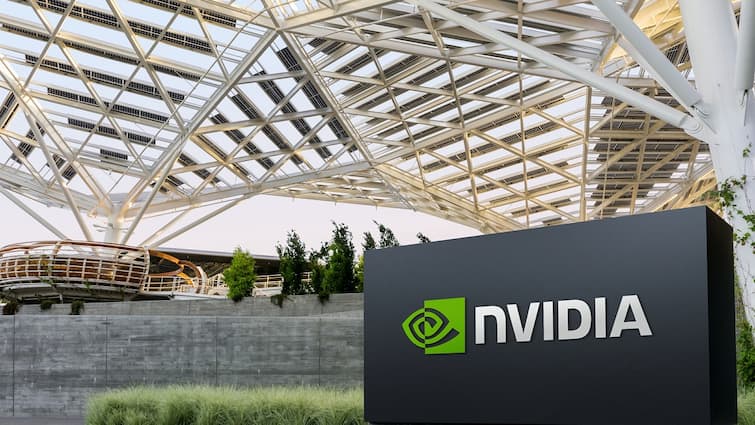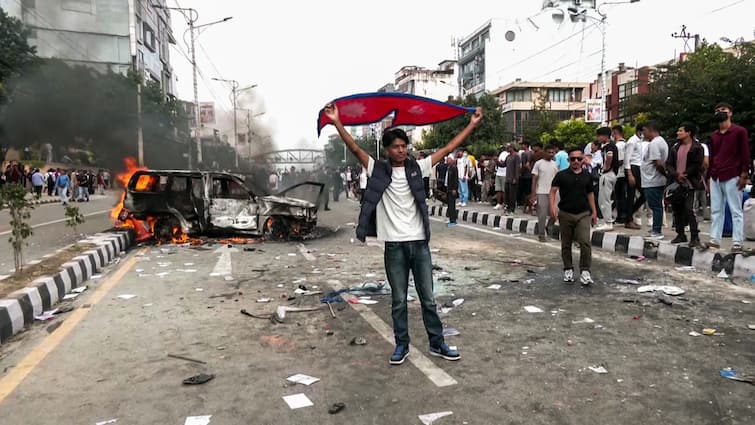US President Donald Trump has said that Nvidia’s most advanced artificial intelligence (AI) chips will remain exclusive to American companies. His comments have set off waves across the tech and diplomatic world, underscoring a tightening grip on one of the century’s most powerful innovations.
Speaking in a taped interview for CBS’s 60 Minutes that aired on Sunday, Trump declared, “The most advanced, we will not let anybody have them other than the United States”, reported Reuters.
He reiterated this stance to reporters aboard Air Force One on his return from Florida, adding, “We don’t give [the Blackwell] chip to other people.”
Trump’s remarks signal a potential escalation in export controls on cutting-edge semiconductors, suggesting that China, and possibly other countries, could be barred from accessing Nvidia’s latest Blackwell chips.
Nvidia, now the world’s most valuable company by market capitalisation, produces chips that are central to powering AI systems globally, from self-driving cars to defence technologies.
New Rules, Old Rivalries
In July, the Trump administration unveiled a new AI blueprint, promising to relax environmental restrictions and accelerate exports of AI technology to allied nations. The strategy was aimed at maintaining Washington’s technological edge over Beijing, but Trump’s latest comments point to a far more protectionist approach.
The shift comes even as Nvidia recently confirmed plans to supply more than 260,000 Blackwell AI chips to South Korea, catering to tech giants such as Samsung Electronics. For months, questions have lingered over whether scaled-down versions of Nvidia’s chips might still be sold to China, following hints from Trump in August that some limited trade could continue.
During his 60 Minutes appearance, Trump clarified that while China could still “deal with Nvidia,” it would not gain access to the most powerful chips. “We will let them deal with Nvidia but not in terms of the most advanced,” he stated.
Growing Hawkishness in Washington
The possibility of even limited chip exports to China has drawn sharp criticism from US lawmakers. Republican Congressman John Moolenaar, who chairs the House Select Committee on China, likened the idea to “giving Iran weapons-grade uranium.” His comments reflect the growing bipartisan anxiety in Washington that advanced AI technology could boost China’s military capabilities.
Trump, for his part, had hinted that AI chips might feature in discussions with Chinese President Xi Jinping at their recent South Korea summit, but later revealed that the issue never came up. The silence, however, has done little to calm nerves in Silicon Valley or on Wall Street, where Nvidia’s global dominance is seen as both an opportunity and a risk.
Nvidia’s China Conundrum
For Nvidia, the geopolitical tug-of-war presents a complicated picture. CEO Jensen Huang recently acknowledged that the company has not applied for US export licences to sell in China. “They’ve made it very clear that they don’t want Nvidia to be there right now,” Huang said during a developers’ event last week.
He also cautioned that cutting off access to China entirely could hurt Nvidia’s ability to fund its own research and development in the US.
Trump’s comments mark a defining moment in the global race for AI dominance. By restricting access to the world’s most advanced chips, Washington is effectively asserting its technological sovereignty, but at the risk of fragmenting global supply chains and fuelling rivalries.


